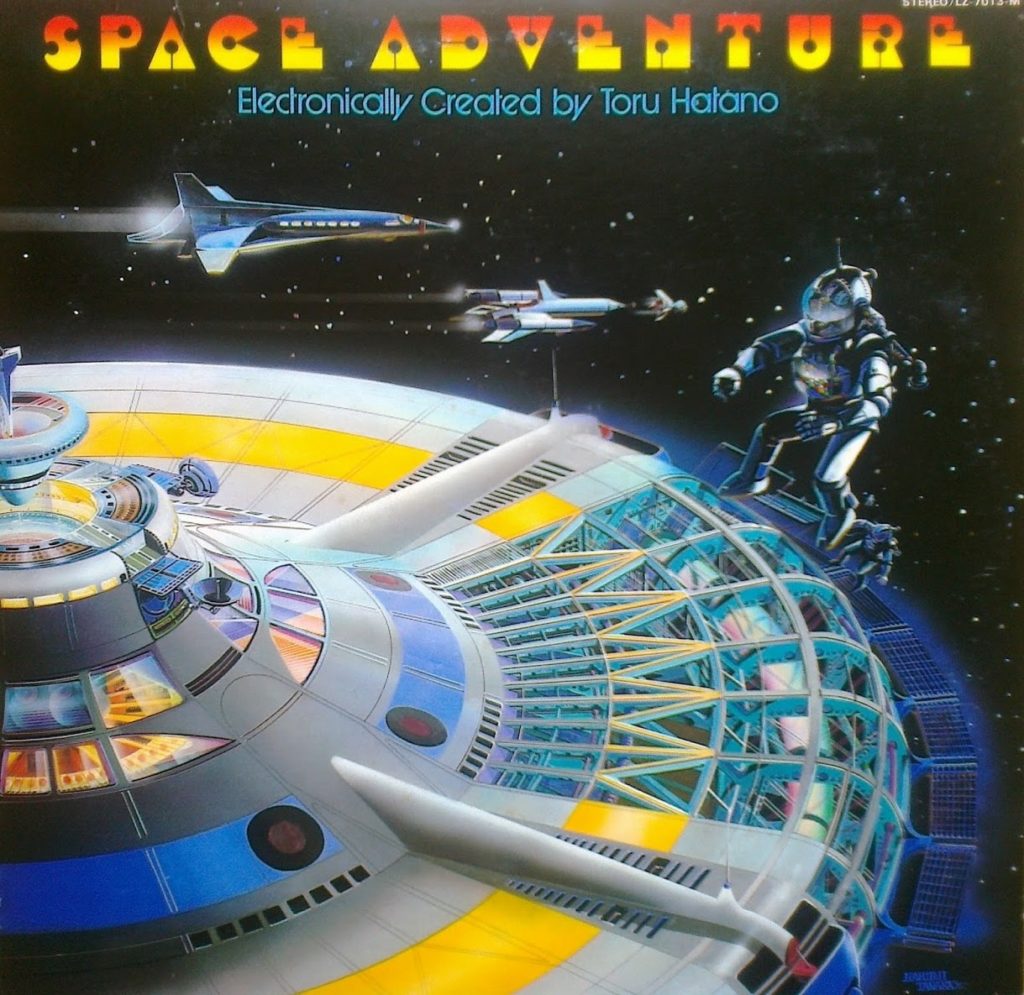Tonight I’m seeing New Order so I’m pretty damn stoked about that. Last time I saw New Order it was in NYC and the audience was filled with a bunch of shit-eating hipsters and investment bankers who were all clearly more interested in saying they were at a New Order concert than actually paying attention to the music. Concerts in Japan are so great, no one talks and everyone listens to the music.
And I’m a foot taller than everyone else so that’s great too.
Amon Tobin
Verbal (Prefuse 73 Dipped Escalade Mix)
Verbal (Kid 606 Dancehall Devastation Mix)
Verbal (Topo Gigio Remix)
Verbal (Boom Bip Remix)
A few years back I bought the ridiculous Amon Tobin box set. That box, with its crazy screw-top packaging and industrial design, was so over the top I did an “unboxing” post of sorts which you can find here.
Anyways, that box sat proudly on my record shelves for years until I decided to move to Japan. When the time came to back up all my records I started at the top of my shelves, which was where I kept my unusually shaped items. In may haste to shovel it all off into storage, I sadly bumped that box set off my shelves and tumbling to the floor, permanently damaging it with a major dent.
T’was a sad day in the Lost Turntable house, I’ll tell you that much. Will be a sadder one when I finally come to grips with the realization that it’s entirely impractical for me to mail crazy box sets like that to Japan and that I would just be better off selling them.
But until that day, I’ll live in denial and fantasize about getting all my 3,000+ records into my Tokyo apartment and listen to dope remixes like these, which I ripped off of a 12″ single.
Capricorn (aka Claudio Simonetti)
Capricorn (Vocal)
Capricorn (Instrumental)
Claudio Simonetti is best known as the former frontman of Goblin, the Italian prog-rock outfit that served as the composer for some of the greatest genre films of the 70s and 80s, including Dawn Of The Dead and Suspiria.
But in addition to the dude’s prolific contributions in the worlds of film soundtracks, prog rock, and creepy sound effects, apparently he’s also attempted several dalliances with dance music under the name Capricorn (among others). This shouldn’t be too surprising, a lot of Goblin’s best work with Simonetti was electronic in nature, featuring vocoder effects and drum synthesizers abound. It’s their more electronic work that no doubt paved the way for acts like Umberto and Zombi, bands who combine a love for electronica with a desire to make eerie and etheral music.
So when I stumbled upon this 12″ release by Capricorn, an early-80s alias for Simonetti, I was pretty stoked. I expected more of what I loved about Simonetti’s best work, an amazing combination of pipe organs and rad guitar work mixed over a steady dance beat and some arching synths.
What I got, was italo disco.
Now, don’t get me wrong. I dig italo disco. I just didn’t expect italo disco.
For those who may not be aware, italo disco is a sub-genre of disco (duh) from Italy (double-duh) which was kind of like an amalgamation of late-era disco, Hi-NRG house music, and electronic rock. If there’s any italo disco track you know, it’s probably “Boys Boys Boys (Summertime Love)” by Sabrina, which was a big hit in 1987 in every country on Earth except America.
Anyways, Simonetti’s “Capricorn” has a lot of elements of italo disco, heavy use of vocoder and electronic beats abound here, but it also embraces a lot of classic disco elements. The song’s heavy use of strings make it sound almost like a distant cousin of “The Hustle,” which I cannot say is a good thing. The vocals are also atrocious, and since the 12″ single has no performing credits I don’t know who to blame for them. The instrumental version is better by far.
Simonetti released a few singles under the Capricorn name in the early 80s, but sadly none of them have gotten properly re-released on CD save for a few on the occasionally oddball disco compilation. Too bad, if this track is any indication there could be some good stuff there. Hope to discover more in my record hunting.

